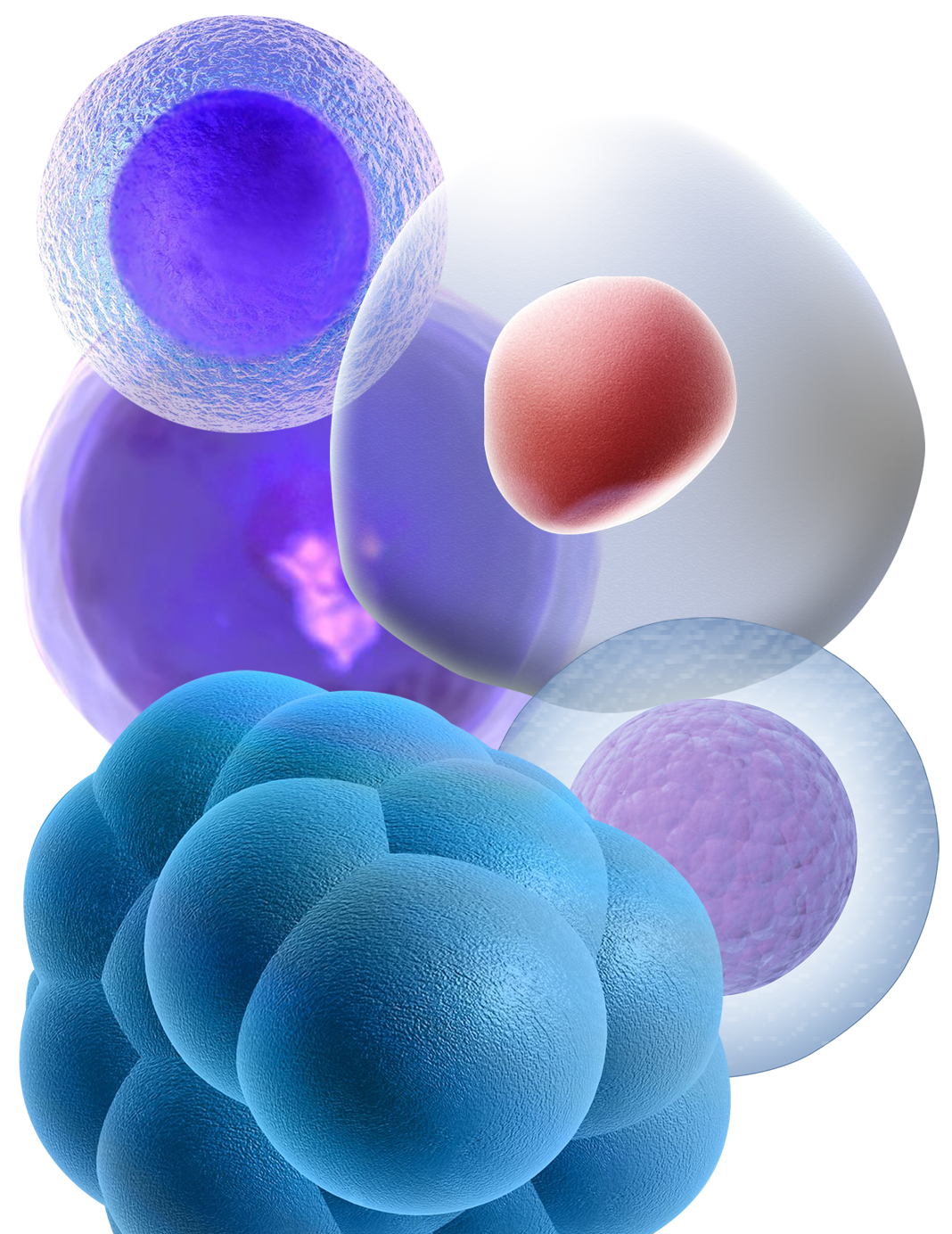At the very core of Vitalgenics’ novel pioneering advancements is our etiology-centric approach.
We have made it our purpose to focus on one of the most challenging diseases; Pancreatic cancer. It is the tremendous investment of time and resources in understanding the cause of the cancer and the cascade that allow us to innovate the transformative solutions on the frontiers of oncology.
Governed by our high standard of values and our heart for the patients and their families that creates the driving force behind our relentless pursuit of the cure.
While there have been great advances in cancer therapies with some types of cancer, Pancreatic cancer therapies lag way behind. It is one of the least publicized and talked about forms of cancer however, it is one of the most deadly. Pancreatic cancer is the 12th most commonly occurring cancer in men and the 11th most commonly occurring cancer in women with 460,000 new cases diagnosed worldwide in 2018.
Pancreatic ductal adenocarcinoma (PDAC) is the third leading cause of cancer death in the United States and leads to well over 440,000 deaths per year worldwide. Both the incidence and death rates of pancreatic cancer are continuing to increase throughout the world. In this year alone, an estimated 57,600 adults in the United States will be diagnosed with pancreatic cancer.
The high mortality rate is due to the initial asymptomatic nature of the disease and the advanced stage at which it is usually diagnosed. Because of the difficulty of early diagnosis only 15% to 20% of patients are surgical candidates at the time of diagnosis.
Presently if the cancer is detected at an early stage when surgical removal of the tumor is possible, the 5-year survival rate is 37%. About 10% of people are diagnosed at this stage. If the cancer has spread to surrounding tissues or organs, the 5-year survival rate is 12%. For the 53% of people who are diagnosed after the cancer has spread to a distant part of the body, the 5-year survival rate is 3%.
Statistics adapted from the American Cancer Society’s (ACS) publication, Cancer Facts & Figures 2020, and the ACS website (January 2020).
Before the discovery of our novel therapy, Excindogen there had not been an effective therapy for pancreatic cancer other than early resection and even then survival is low. A drug called gemcitabine has been the gold standard of treatment for over 25 years but with meager therapeutic benefit. Multiple chemotherapeutic and targeted agents have also been combined with gemcitabine without significant therapeutic benefit over gemcitabine alone. Gemcitabine and combination drugs with gemcitabine have serious side effects which as a cancer patient makes treatment unbearable. These side effects are caused by these drugs being off target which the cancer cells in the pancreas rejects and causes toxicity.



